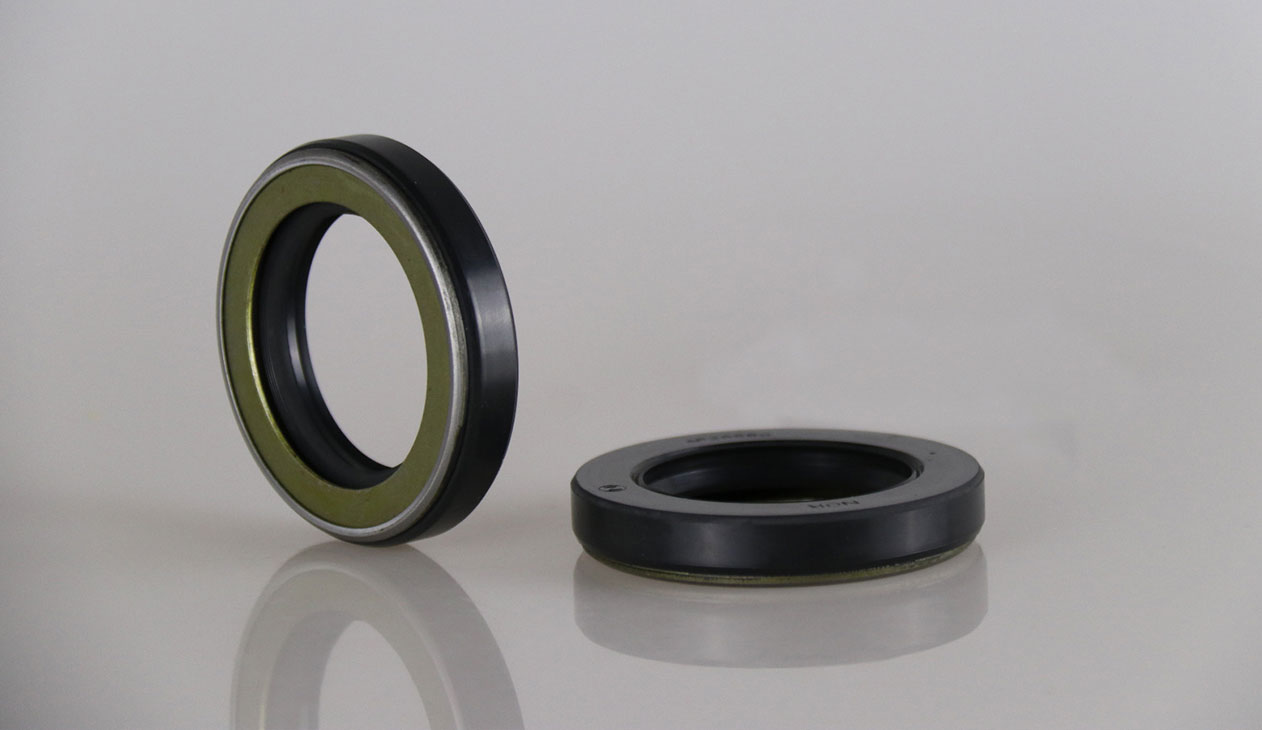
Oil Seal
OIL SEAL
Is Available
Oil seals in hydraulic systems for construction machinery are used to prevent leaks of hydraulic fluid from the system. They are also used to prevent the ingress of dirt and other contaminants into the system.
There are a variety of different types of oil seals available, each with its own unique properties. The type of oil seal used in a particular application depends on a number of factors, including the operating pressure, temperature, speed, and fluid type.
Some of the most common types of oil seals used in hydraulic systems for construction machinery include:
Oil seals are an essential component of hydraulic systems in construction machinery. By selecting the right type of oil seal for the application, and by following proper maintenance procedures, oil seals can help to extend the life of hydraulic components and reduce the risk of downtime.
Here are some additional technical details about oil seals in hydraulic systems for construction machinery:
TCN and TB oil seals are both types of radial shaft seals used in hydraulic systems. They are designed to seal rotating shafts and prevent the leakage of hydraulic fluid.
TCN oil seals are pressure-resistant oil seals with an auxiliary cage to minimize lip deformation under pressure. They are typically used in high-pressure applications, such as hydraulic pumps and motors. TCN oil seals are made of a variety of materials, including nitrile rubber, Viton, and PTFE.
TB oil seals are low-pressure dual lip radial shaft seals with a garter spring to provide protection from contaminants. They are typically used in lower-pressure applications, such as hydraulic cylinders and actuators. TB oil seals are made of a variety of materials, including nitrile rubber, Viton, and polyurethane.
Comparison of TCN and TB oil seals
Characteristic | TCN oil seal | TB oil seal |
Pressure rating | High | Low |
Typical applications | Hydraulic pumps and motors | Hydraulic cylinders and actuators |
Materials | Nitrile rubber, Viton, PTFE | Nitrile rubber, Viton, polyurethane |
Selection of TCN and TB oil seals